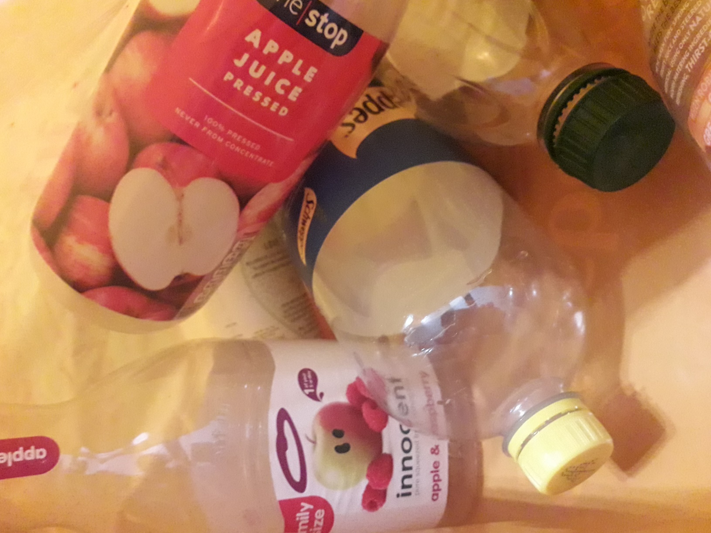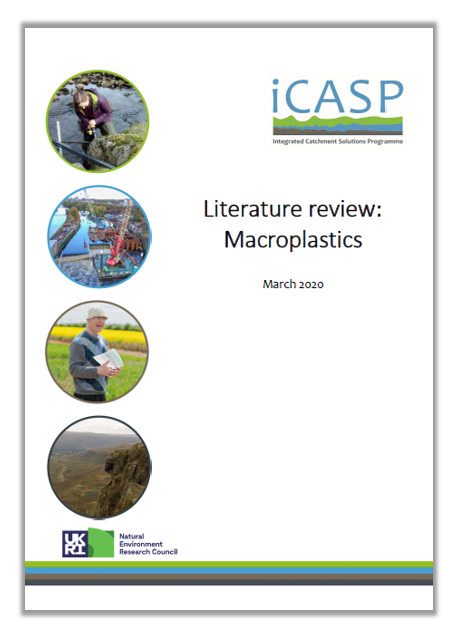Literature review summarising methods of plastic removal from rivers
iCASP carried out a review of the current literature to identify existing methods for capturing macro plastics to as part of a project to reduce the macro plastic waste in the River Aire.
Macro plastics, such as bottles, traffic cones and plastic bags are not only unsightly and detract from the social and economic value of the local environment, but they can also trap and harm wildlife. As macro plastics degrade over time they will eventually become micro-plastics small enough to be ingested by invertebrates and so enter the food chain.
This mini-project provided background knowledge for a proposed partnership project that the University of Leeds Sustainability Team, Canal and Rivers Trust, Yorkshire Water and Aire Rivers Trust are developing. Better understanding of existing methods of plastic capture will allow an assessment of whether existing science can meet the challenge of removing plastics and if so how it can be scaled up and applied more widely.

This work has been carried out in support of the University of Leeds’ Living Lab programme and the University’s #2023PlasticFree pledge.
Duration
March 2018 – February 2019
Outputs

Macroplastics literature review
Highlights the latest knowledge and research on macroplastics and methods for capturing macroplastics in the riverine environment before they enter the marine environment. It also outlines gaps in our knowledge about the impact on the environment of these interventions used to capture macroplastics.
